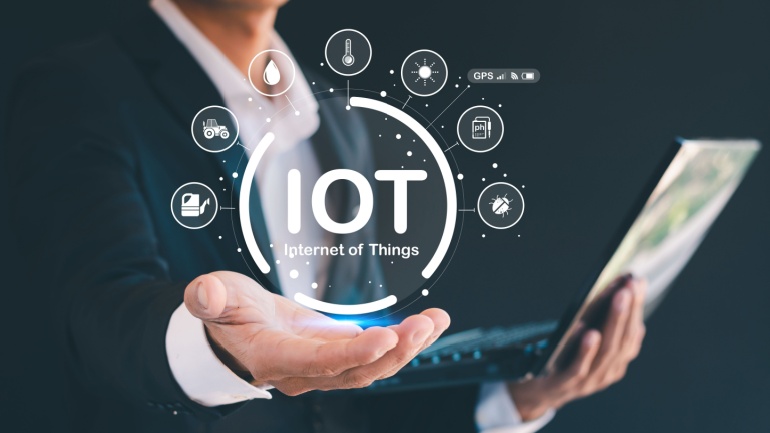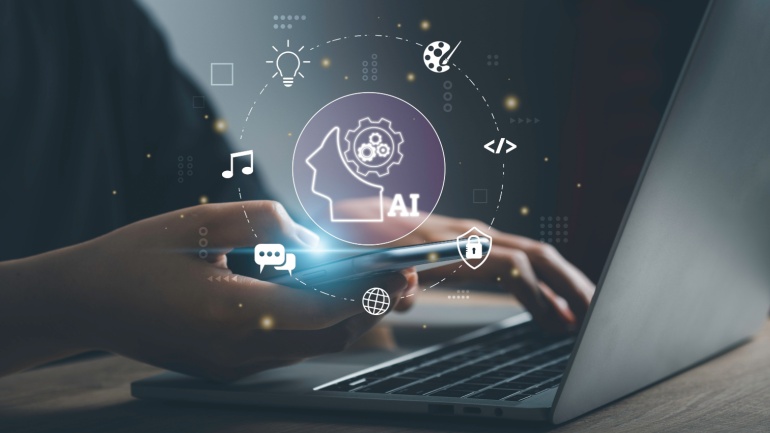Microsoft and Lumen Technologies are revolutionizing their data centers to meet AI-driven demand with an enhanced network infrastructure. Leveraging Microsoft Cloud, this partnership aims to accelerate Lumen’s digital transformation. The collaboration underscores the importance of robust networks in supporting AI applications, promising efficiency and innovation in VoIP and technology sectors.
Soracom, a KDDI division, has integrated generative AI into its cellular IoT platform, launching Soracom Flux and Soracom Query Intelligence. These tools simplify IoT deployments, empowering non-technical users to manage data and connectivity efficiently. Enhanced with AI, these services promise to revolutionize how industries implement and manage IoT networks.
Vodafone has introduced SuperTOBi, an innovative virtual assistant powered by Generative AI and hosted on Microsoft Azure OpenAI. With a significant £120 million investment, this advanced chatbot enhances customer service across Europe.
A recent survey conducted by Ericsson sheds light on consumers’ perceptions and expectations regarding the role of artificial intelligence (AI) in their lives over the next decade. The survey, based on responses from 6,500 early adopters across 13 global cities, identifies ten key AI trends anticipated for the 2030s.
OpenAI has unveiled a deepfake detector specifically designed to identify content generated by its image creator, DALL-E. Initially, this tool will be available to a select group of disinformation researchers for practical testing. In the ever-evolving realm of cybersecurity, technologies like AI-driven deepfake detection, real-time monitoring, and advanced data analytics are reshaping digital security and authenticity. These innovations, often led by startups, are significantly improving the identification of manipulated content, thereby fostering more secure digital environments, according to GlobalData, a prominent data and analytics firm. Vaibhav Gundre, Project Manager for Disruptive Tech at GlobalData, highlighted the growing sophistication of AI-generated deepfakes, which pose substantial risks to individuals, businesses, and society. He noted that advanced detection methods, powered by machine learning, are increasingly effective in identifying and flagging manipulated content. These tools employ techniques such as analyzing biological signals and leveraging powerful algorithms to defend against the misuse of deepfakes for…
A new high-capacity data backbone spanning the UK, Netherlands, Germany, Denmark, and Norway promises increased capacity and redundancy. XL Axiata and Ericsson team up to integrate 4G and 5G services into a cloud-based network. AppDirect introduces AppDirect AI, a secure marketplace allowing users to create AI apps without coding. Cynomi expands its vCISO services to European MSPs and MSSPs, prioritizing data localization.
Apple is venturing into the realm of artificial intelligence (AI) processing chips for data centers, as reported by the Wall Street Journal. This move positions Apple in direct competition with industry peers like Google and Amazon, which have already heavily invested in AI chip technology.
The recent unveiling of Llama 3, Meta Platforms Inc.’s latest AI model, has stirred significant enthusiasm among technology and AI influencers. This launch on the ‘X’ platform has sparked discussions about democratizing AI, with a notable surge in conversations during the third week of April, according to GlobalData’s Social Media Analytics Platform.
Meta is ambitiously positioning itself to become the world’s top AI company, co-aligned with an increase in AI spending. The tech giant’s latest earnings reveal a climbing revenue and expenses, inciting mixed responses from investors. The landscape of optimistic forecasts and increased capital expenditures seems less rosy weighed against lower than expected Q2 revenue forecasts and significant investments into AI infrastructure. CEO Mark Zuckerberg points to an aggressive AI research expansion being instrumental in the fierce race against competitors OpenAI and Microsoft.
Softbank, the Japanese telecommunications giant, is gearing up to bolster its supercomputing capabilities in a bid to support its ambitious generative AI (GenAI) strategy. As reported by Nikkei, Softbank plans to allocate JPY150 billion ($960 million) over the next two years towards upgrading its computing infrastructure, a significant leap from the JPY20 billion invested last year.













